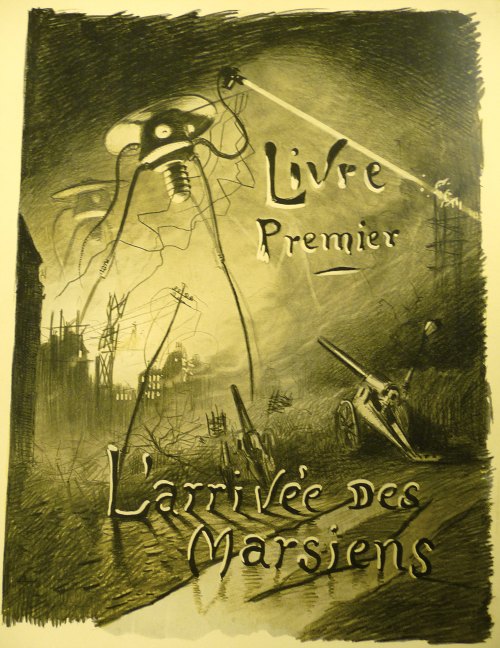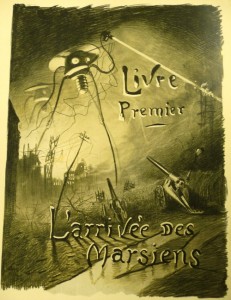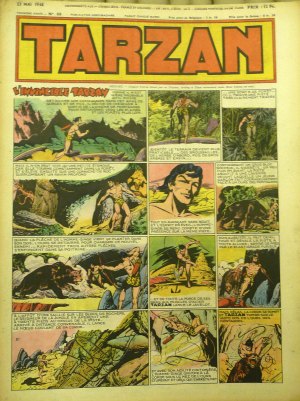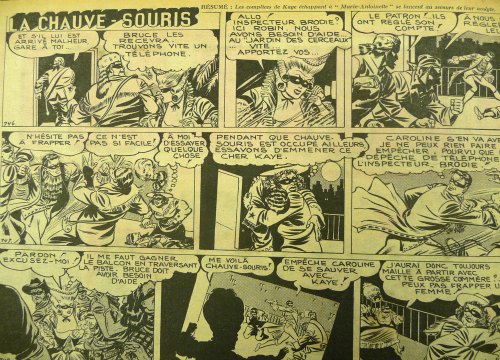Post contributed by Eline Roillet, Translator for the Radio Haiti Archive

“What do you know about Haiti?“ asked Laura during my interview in September 2017. I knew it was a Caribbean country where Creole was spoken; I knew it had suffered a devastating earthquake almost a decade ago; and I knew it struggled economically. And that was about all I knew.
“Well,” she said, “you’re going to learn a lot more”.
And thus began my journey with Radio Haiti. As a French Master’s student in literature, I am in charge of translating thousands of broadcast descriptions from English to French. I love translation. It requires not only the ability to understand the sentences in a text, but their very essence too, and in turn to channel this essence into another dialect. Spelling, conjugation and vocabulary are crucial, of course, but to be a good translator, one must also look beyond the words and explore the context.

The very first description I translated was about the Battle of Vertières which I promptly researched in order to make sense of who Jean Jacques Dessalines was and his significance for Haiti. To my astonishment, the battle was fought between the Haitian rebels and the French colonial army. In all my years in the French educational system, I was never taught about French colonialism. I never knew Haiti was the first successful slave revolution, nor that France asked for an independence debt, which greatly contributed to Haiti’s economic woes.
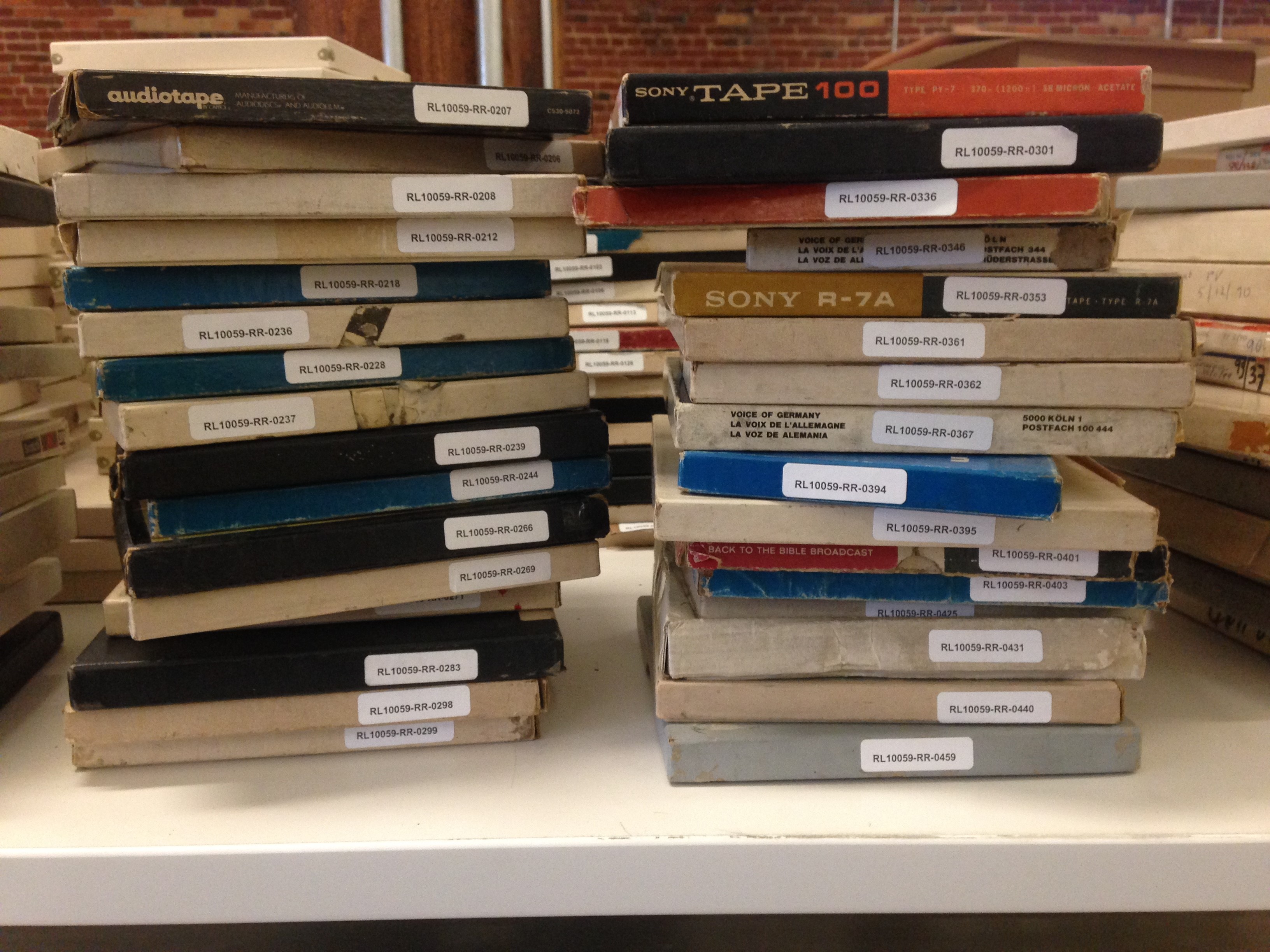
I felt like I was learning a whole new history, one much less European-centric. Over the course of the last 13 months, I got acquainted with Erzulie and the other Lwa; I admired paintings by the Mouvement Saint-Soleil; I was introduced to the liberation theology; and I learned about how the US devised strategies to control and influence the Western hemisphere. What an eye-opening experience!
This new knowledge has changed the way I think about Haitian history and spilled over in to my everyday life, sometimes in unintended ways. For example, I recently met a Dominican young woman at a bar and when she announced her nationality, I eagerly asked her what her take on antihaitianismo was, upon which she looked at me like I had three heads and declared “This is not the kind of thing I want to discuss at a club.”
Still, the Radio Haiti project has taught me more than I ever could have thought about history, geopolitics, and the cultural context of 1970-2000, and I can honestly say that I am learning more and more every day.
Mèsi anpil Laura and Radio Haiti staff for the experience!
The processing of the Radio Haiti Archive and the Radio Haiti Archive digital collection were made possible through grants from the National Endowment for the Humanities.



